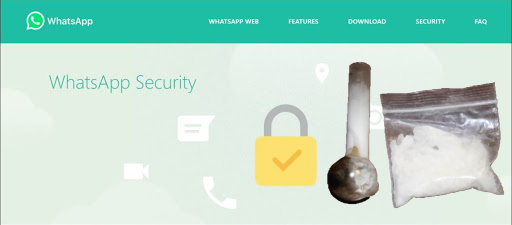As it struggles to get content from encrypted messenger apps and smartphones, the U.S. government is getting creative in how it tracks down criminal WhatsApp users, according to a search warrant uncovered by Forbes . From the report:

Aside from shedding light on police data-trawling operations, these new efforts are “problematic,” legal experts tell Forbes . They show that investigators are willing to test the boundaries of legality by demanding content they may not legally be allowed to collect from WhatsApp. And they’re then demanding data from a seemingly endless list of tech providers – from Google to any telecom company imaginable – that could feasibly help them catch a single WhatsApp user.
In a bid to find an alleged Mexican methamphetamine dealer, the government demanded that WhatsApp hand over basic subscriber details, according to a previously unreported government order filed in Colorado in October. They’d been tipped off that the dealer – a fugitive on the DEA’s most-wanted list – was a frequent user of WhatsApp and had even used the app to talk with an undercover agent. That WhatsApp data would come from what’s known as a “pen-trap.”
- Think of these as tracking tools that collect limited metadata like user phone numbers, IP addresses and call duration, not the content of messages. Forbes has reported on these before and they’re fairly common. So far, so normal.
 !
!